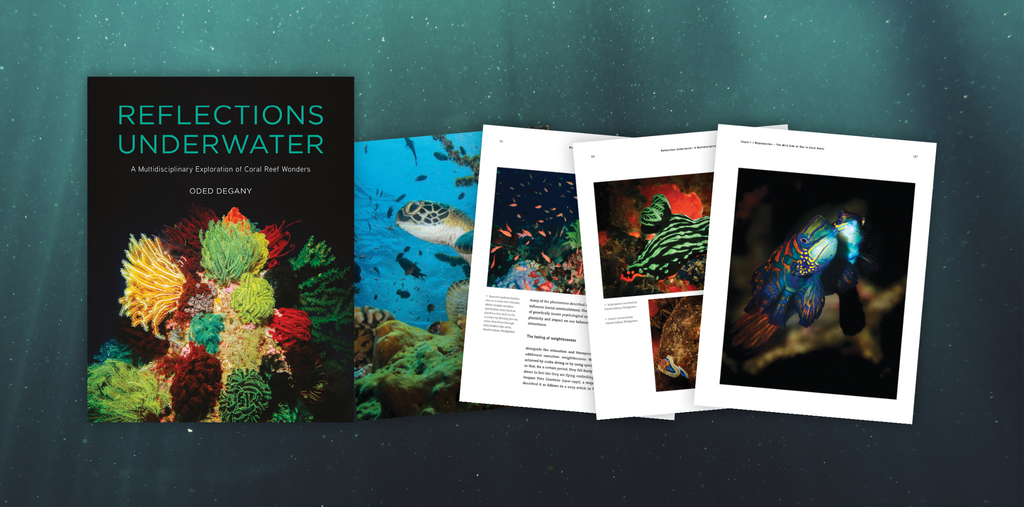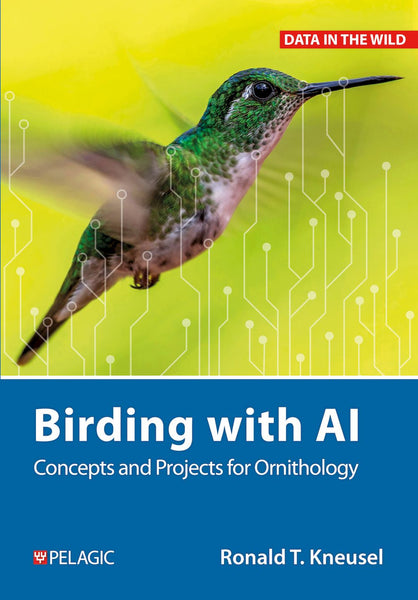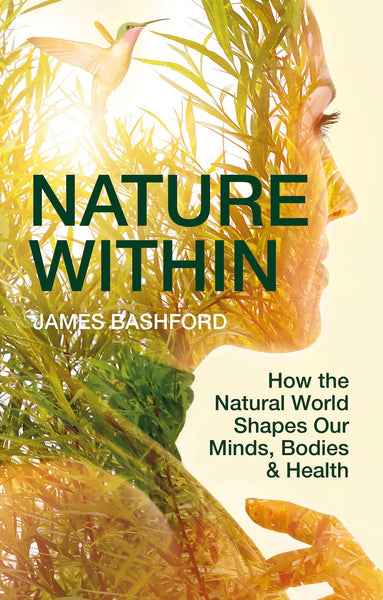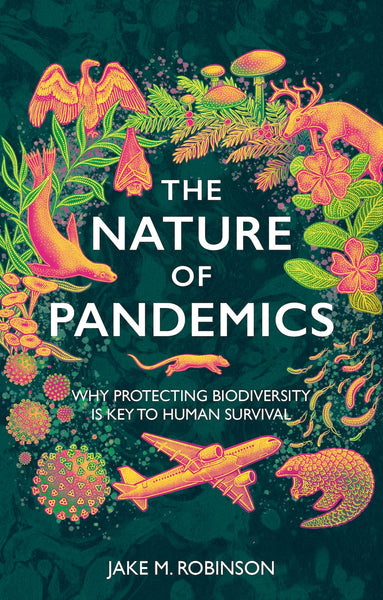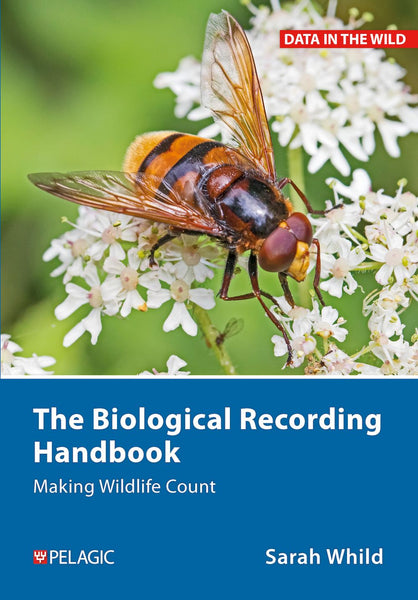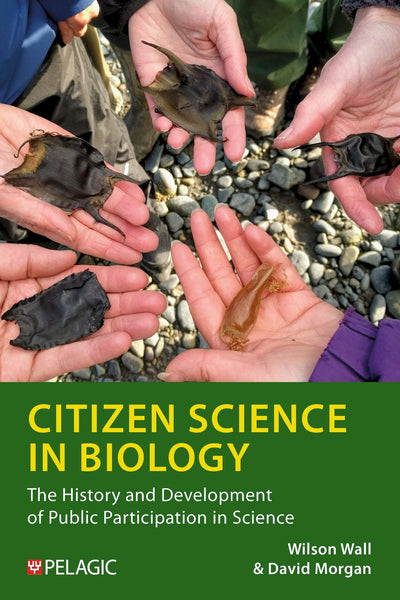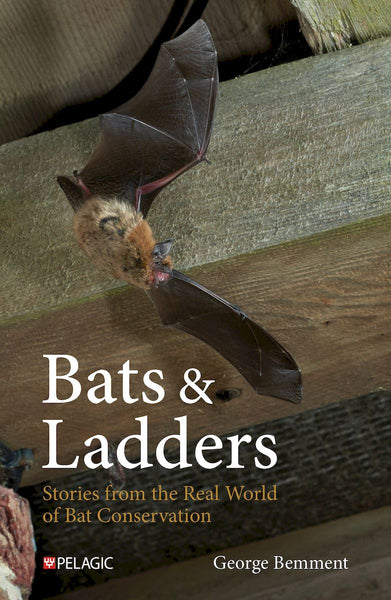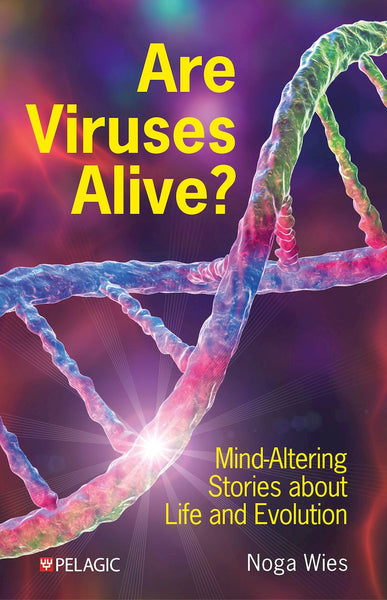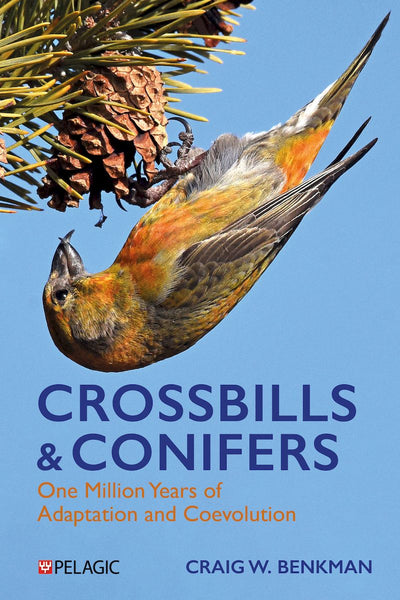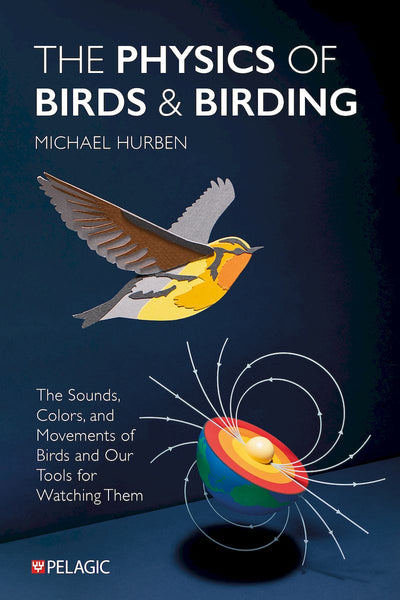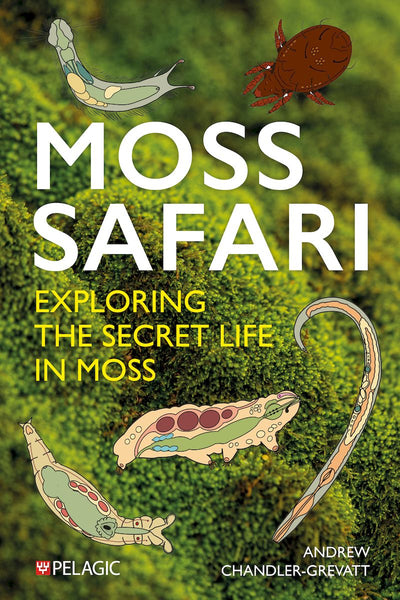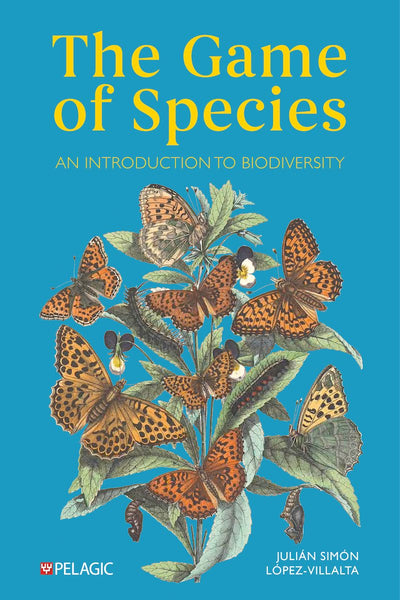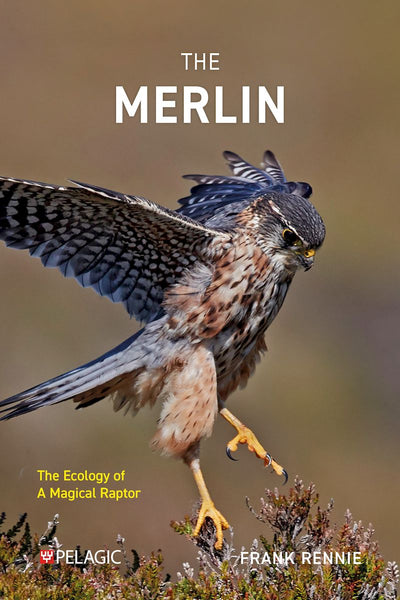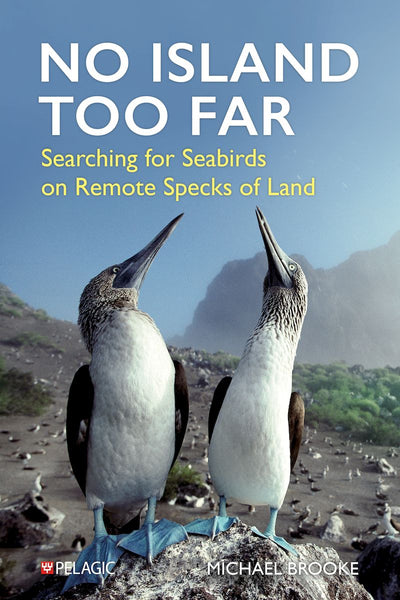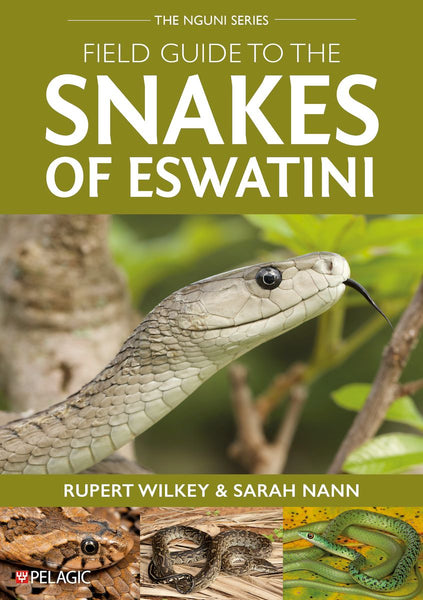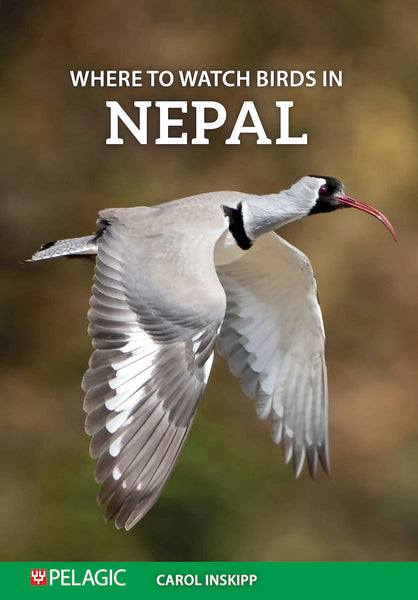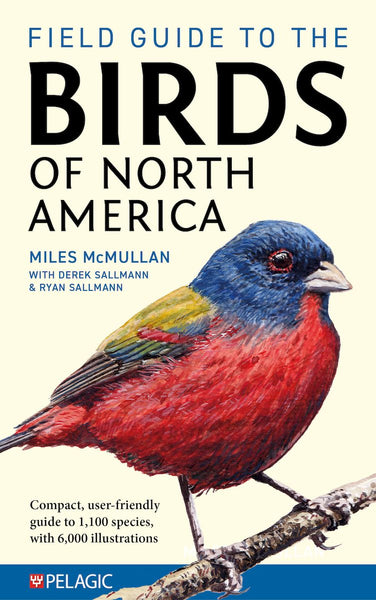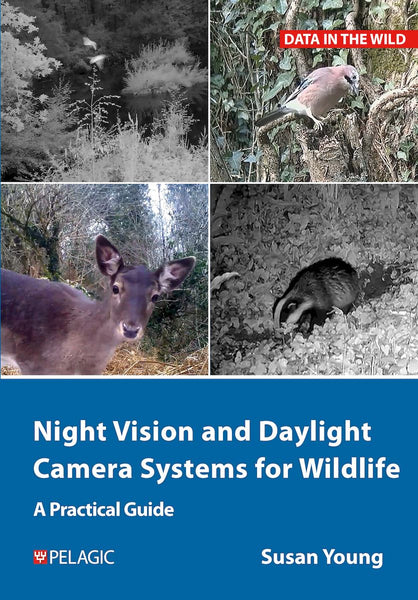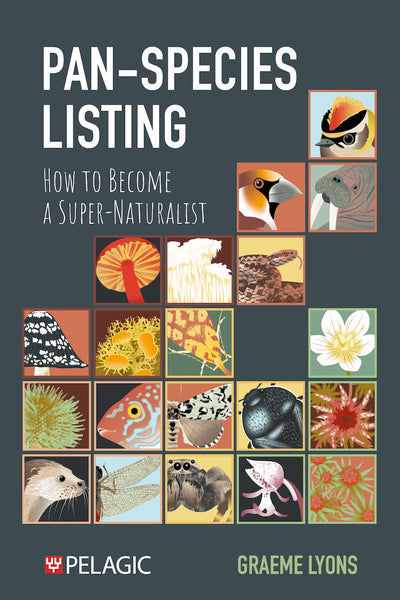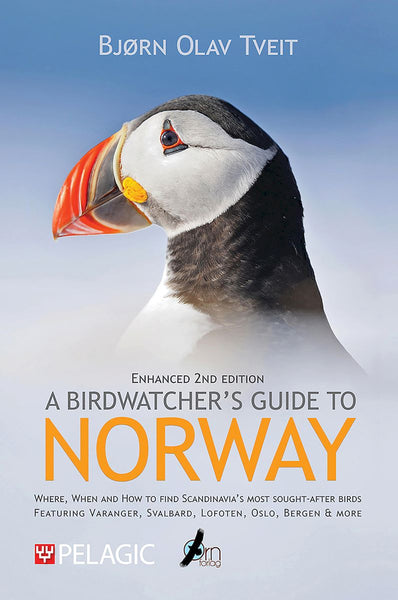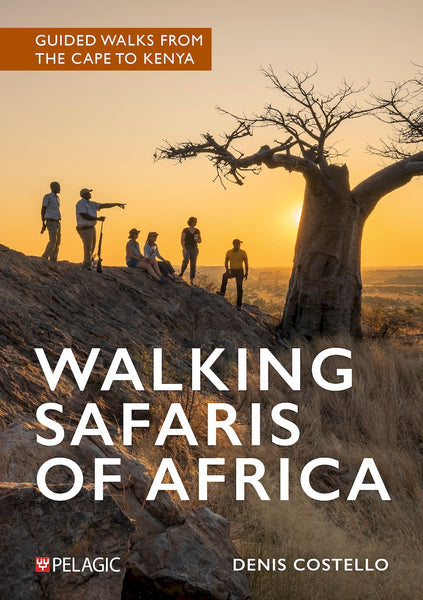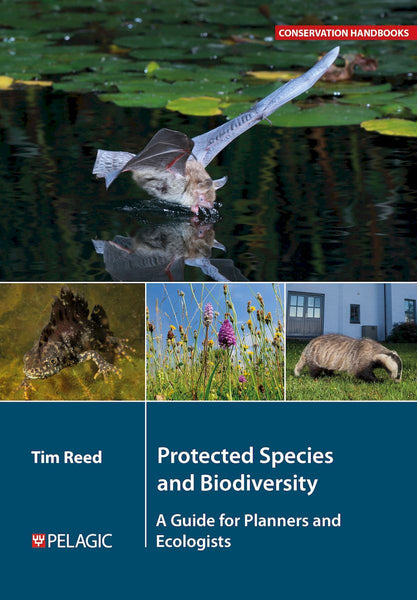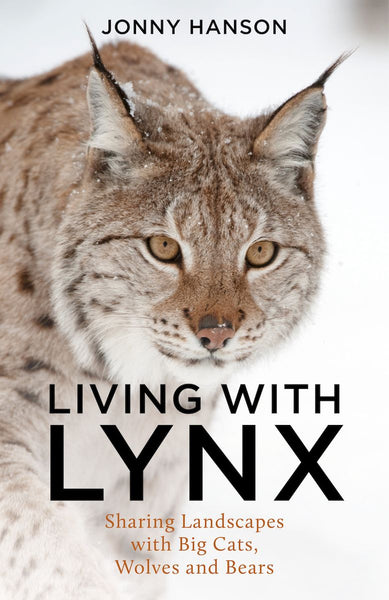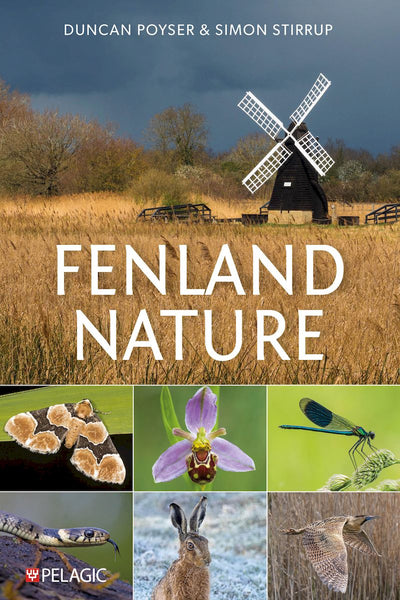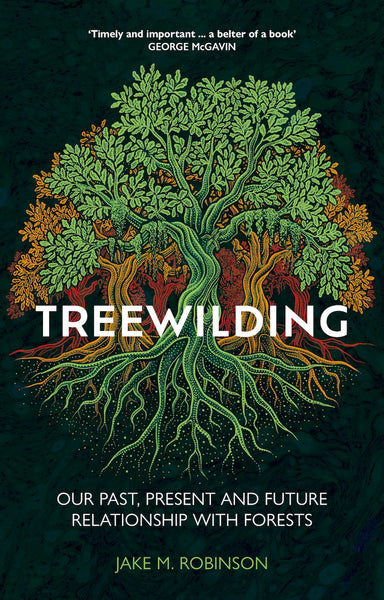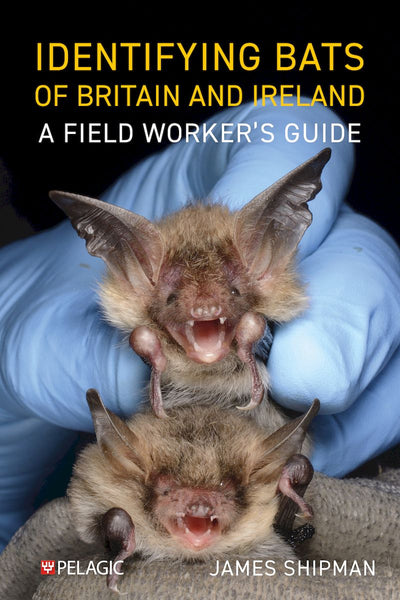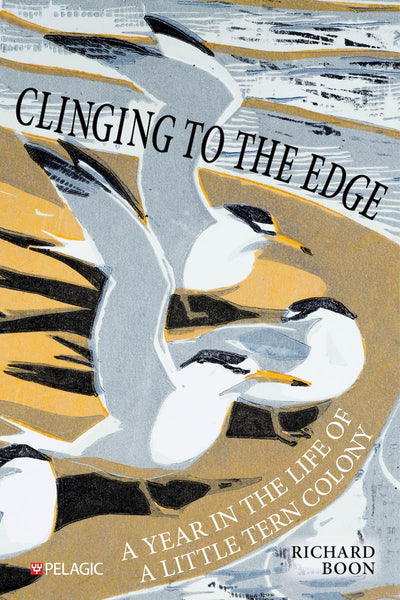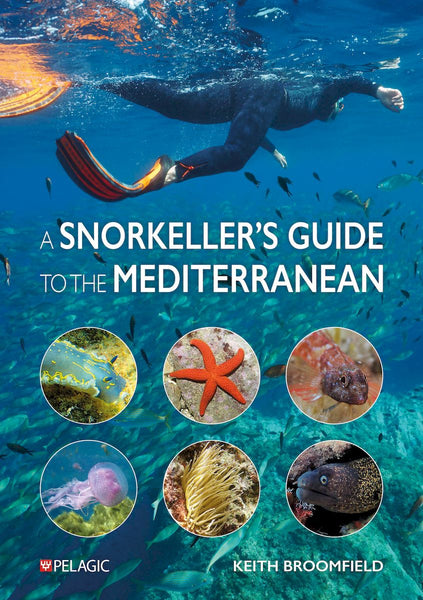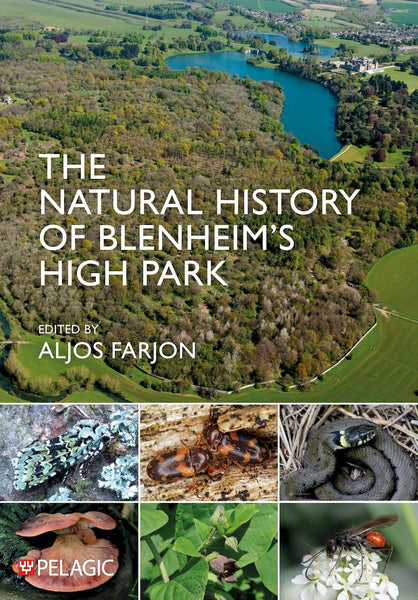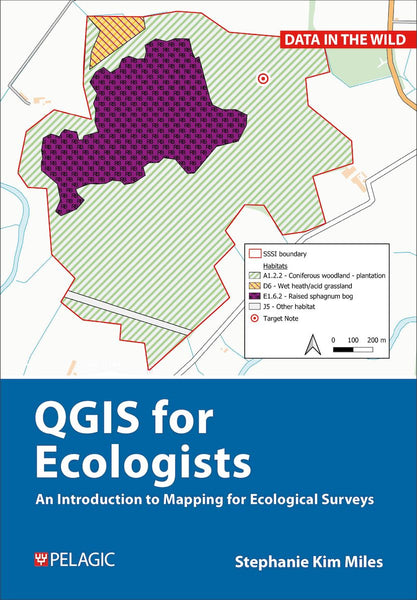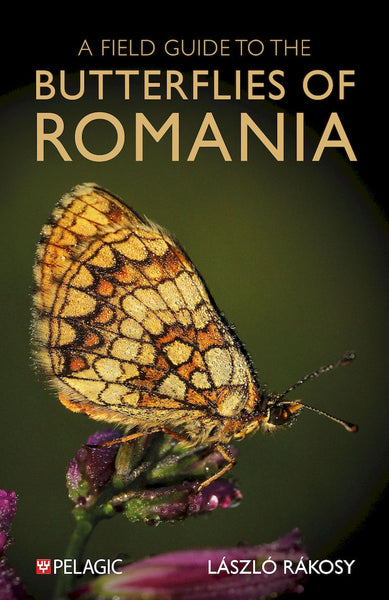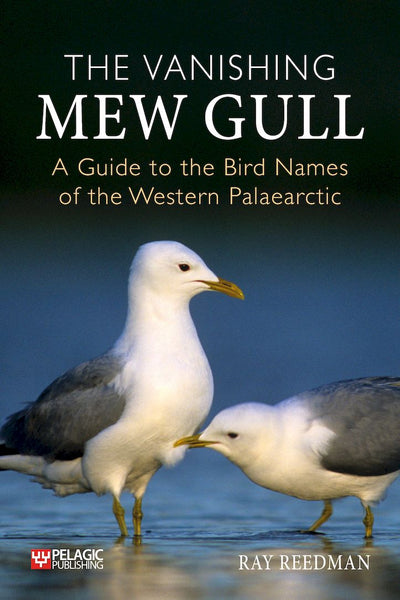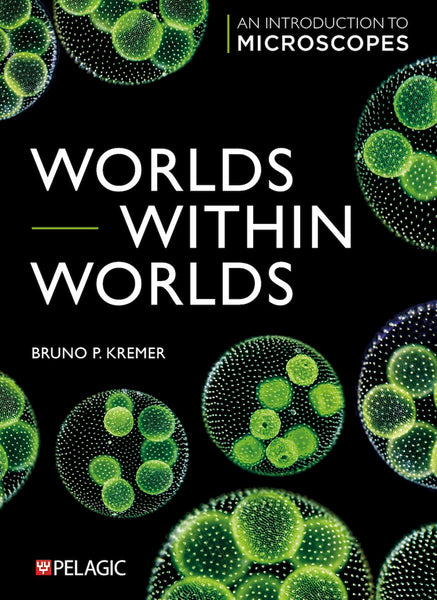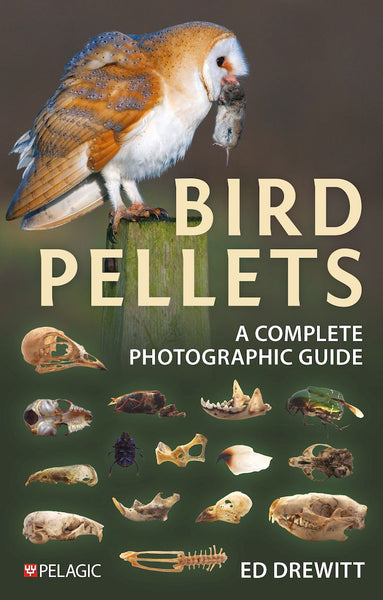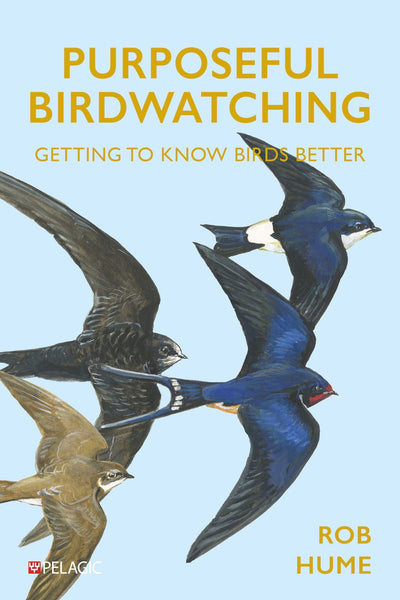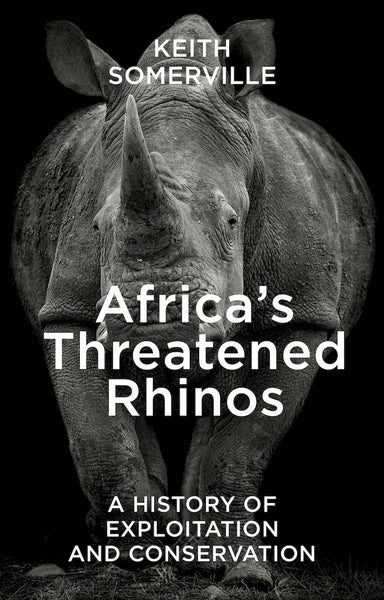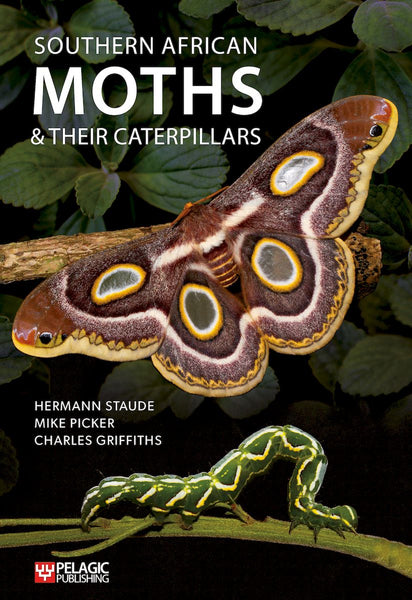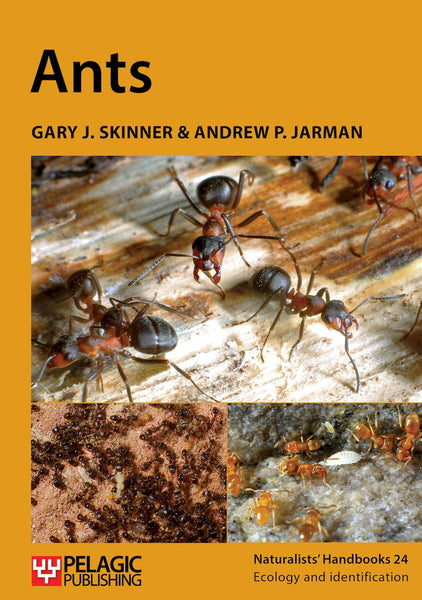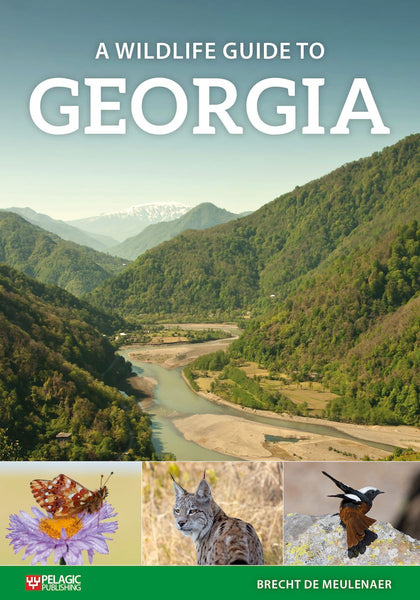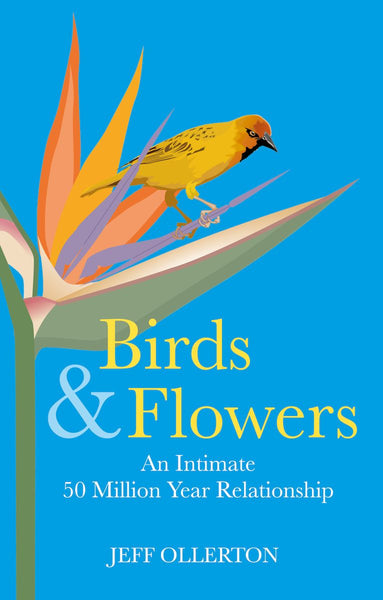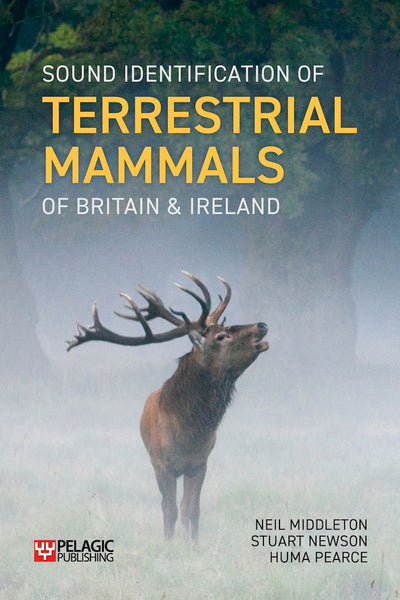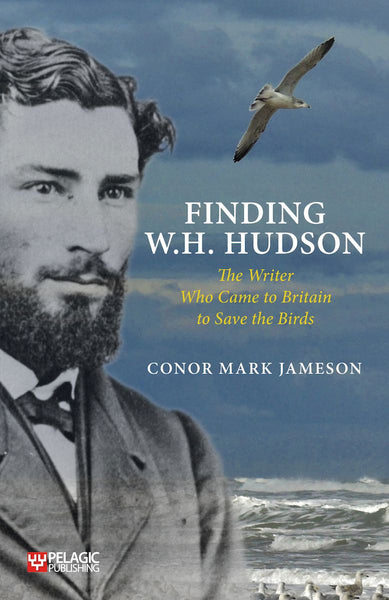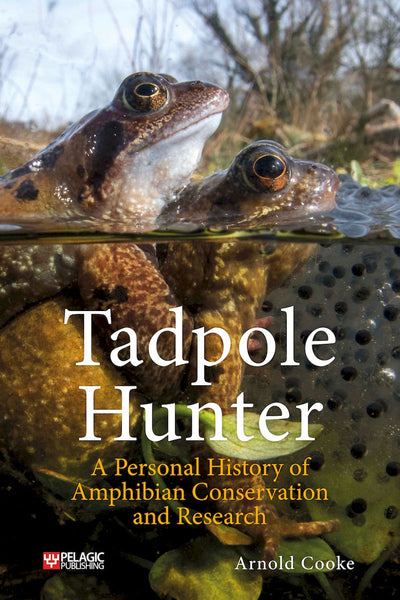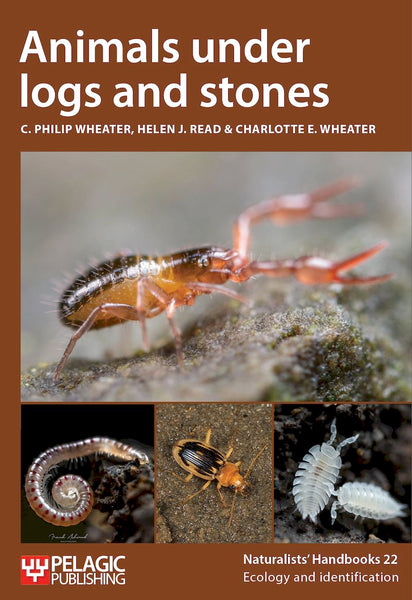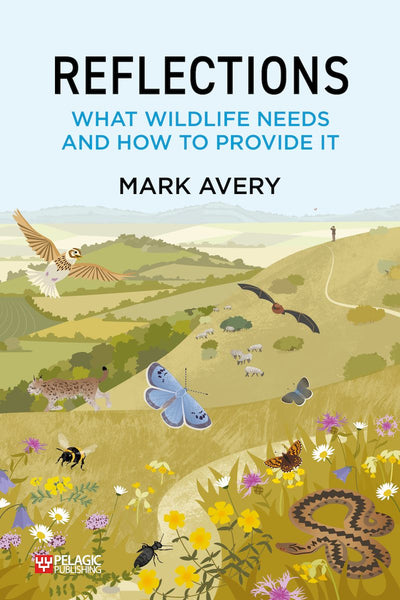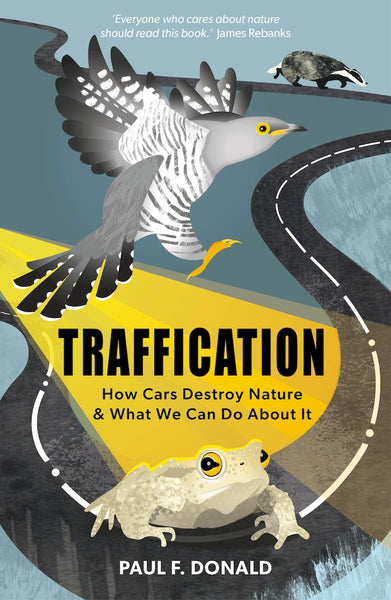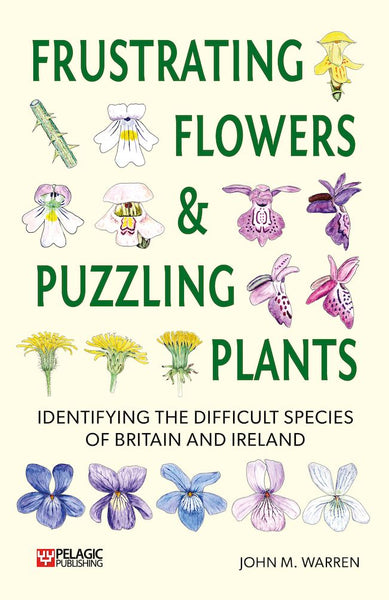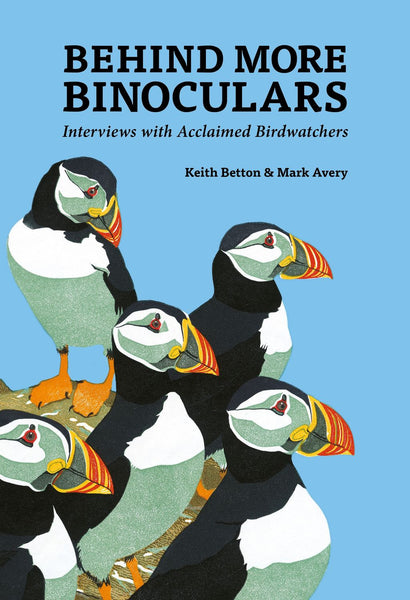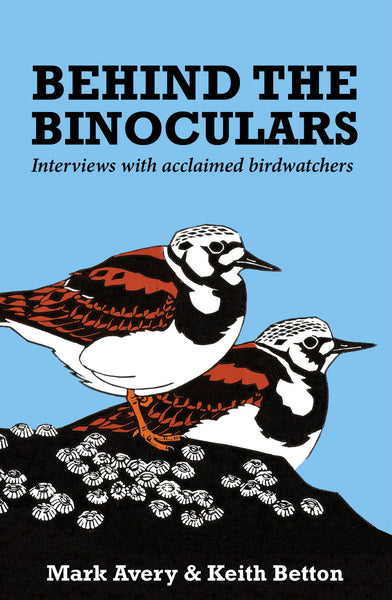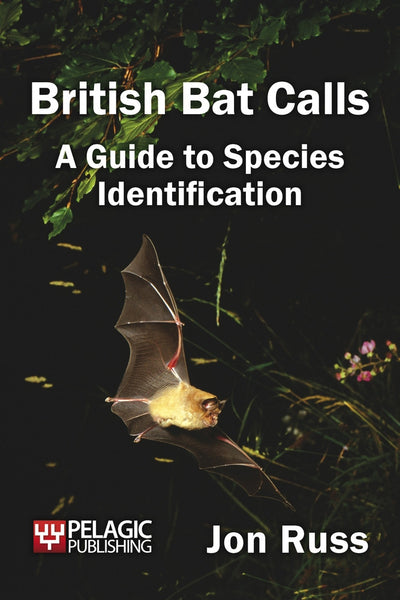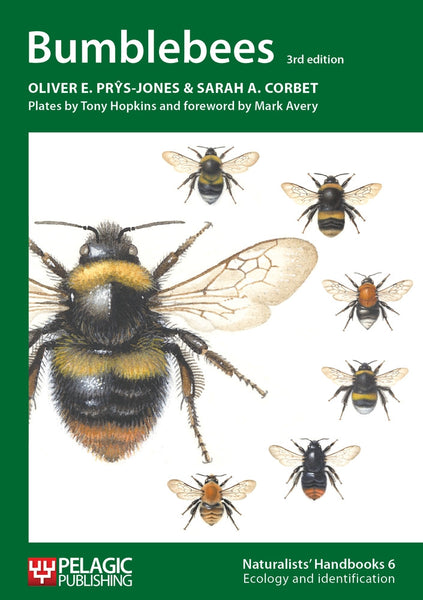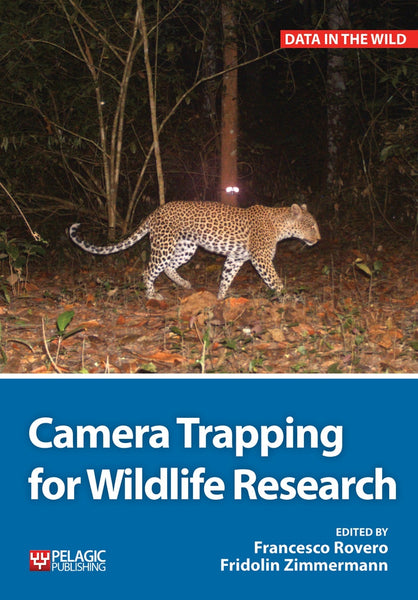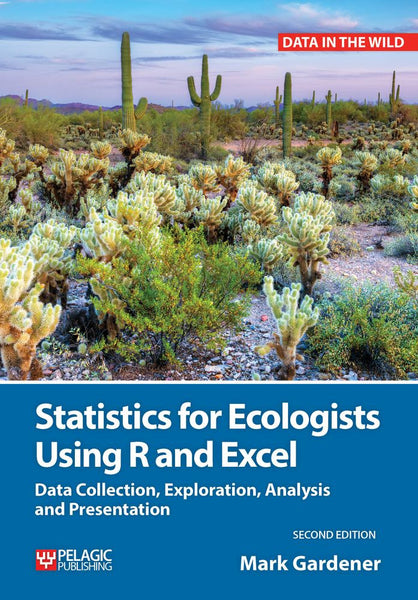Oded Degany discusses Reflections Underwater and shares some of his favourite images from the book.
Could you tell us a little about your background and how your interest in coral reefs began?
I first encountered the magnificent world of coral reefs as a child when my family traveled to the Sinai Peninsula, where coral reefs are prevalent and very accessible. Snorkelling in this amazing habitat and witnessing the beauty and richness of the reefs was truly awe-inspiring.
Later, I took scuba diving courses and started diving around the world, particularly in the Coral Triangle, located between the Philippines, Indonesia, and Papua New Guinea and considered the apex of marine diversity. Initially, I was captivated by the sensual experience - the feeling of weightlessness, being enveloped by water, and the remarkable beauty of coral reefs. Subsequently, I added an intellectual aspect to my interests, while still immersing myself in the sensual experience.
To compose such a diverse book, I leveraged my multi-disciplinary background, which comprises a Bachelor's degree in Physics, a graduate degree in Biological Thought, an MBA, and a partially completed Doctorate in Religious Studies.

The eyes of a Peacock Mantis Shrimp
The book is illustrated throughout with your beautiful photographs. Do any images stand out as favourites and if so, why?
Each picture has a tale to tell, and I can vividly recall the moments when most of them were captured. By incorporating a scientific viewpoint, my admiration for nature's beauty is heightened. This fusion of a scientific and personal perspective enables me to perceive and comprehend the natural world in a deeper and more profound way, making each image a glimpse into the captivating tales that nature has to share.
Choosing one photo or two is challenging, it is like they are all my children, and choosing is difficult. However, if I had to pick one or two, I would choose the close-up of the peacock mantis shrimp incredible eye (p. 114) and the blue ring octopus (p. 102). The former because the mantis shrimp is a fascinating animal in many ways, and the latter because I have a special fondness for octopuses and am highly intrigued by the mystery of their unique form of consciousness.

Blue Ring Octopus
Reflections Underwater explores scientific and humanistic ideas in relation to coral reefs, including psychology, evolution, zoology, philosophy, mathematics, art and more. What prompted you to write about coral reefs in such a unique way?
I am an eclectic individual with a wide range of interests in the wonders of life. I strongly believe that comprehending these wonders requires a broad, multi-disciplinary perspective. In today's world, with the rapid increase in knowledge, people are trained to have a narrow view and focus on a specific area. As a result, the era of the polymath has diminished. I have taken a different approach, sacrificing some depth for a broad, scientific, and humanistic view of coral reef habitats. As I learned more about coral reefs, my understanding and experience was enriched and became more thorough.

Green Sea Turtle
What was the biggest challenge you faced whilst writing the book?
My greatest challenge was convincing others that my book offered more than just a zoological perspective and provided a novel way to view and contemplate the natural world and our place in it. I found that once people's expectations were properly set with regards to my eclectic approach, they showed strong interest and appreciated the book's unique value.
Structurally, Reflections Underwater consists of nine standalone chapters that can be read in any order. Throughout the book, humanistic themes are interwoven with scientific topics in a cohesive manner. Each chapter and subchapter begins with a humanistic story, such as a myth, folk tale, historical event, or personal experience from my travels, primarily in exotic locations like Indonesia, the Philippines, and Bhutan. Following the humanistic introduction, I delve into the topics from a scientific perspective at a high level.

Squat Shrimp
Who is the target audience for the book?
The book speaks to nature enthusiasts of all kinds, anyone who has an intellectual interest in this mesmerizing world, and makes the coral reef experience in particular intellectually stimulating and engrossing. It targets divers and nature lovers who seek to enrich their diving experience and stimulate their intellectual curiosity. In my view, it is an ideal book for reading before, during, and after a vacation.
What would you like readers of Reflections Underwater to get out of it?
My objective is to alter people's perspectives on coral reefs and enhance their diving/snorkeling experience by adding a layer of intellectualism that incorporates both scientific and humanistic concepts.
The Buddhist metaphor of Indra’s infinite jewelled net wonderfully represents a mutual identity worldview. Like the jewel at every node that reflects all the other jewels in this cosmic matrix, all things in the universe are interconnected and interrelated. Every jewel metaphorically represents an atom, cell, organism or unit of consciousness that is connected to all other things. Coral reef ecosystems are an excellent example of such interconnected systems. All human actions cause a ripple effect and should, therefore, be ethically considered subject to this worldview.

West Wind Hypselodoris Nudibranch Sea Slug
What advice would you give someone looking to fight against the threats facing our coral reefs?
There's no doubt that coral reefs are facing major challenges. If the current trends continue, it is likely that our children and grandchildren will not have the opportunity to admire the beauty of this unique ecosystem. Despite current efforts to mitigate harm to coral reefs, they have met with limited success. I believe that new approaches are needed to alter this trend. I am a strong advocate for investing resources and educating the public on animal consciousness. If people come to understand that many creatures around us are sentient and have varying degrees of consciousness, they may be more willing to forego certain conveniences of modern life. I am not aware of many individuals who would support the widespread destruction of conscious, sentient animals. This is a challenging task, but it holds the potential for a significant positive impact on conservation efforts.
Discover more about Reflections Underwater here






